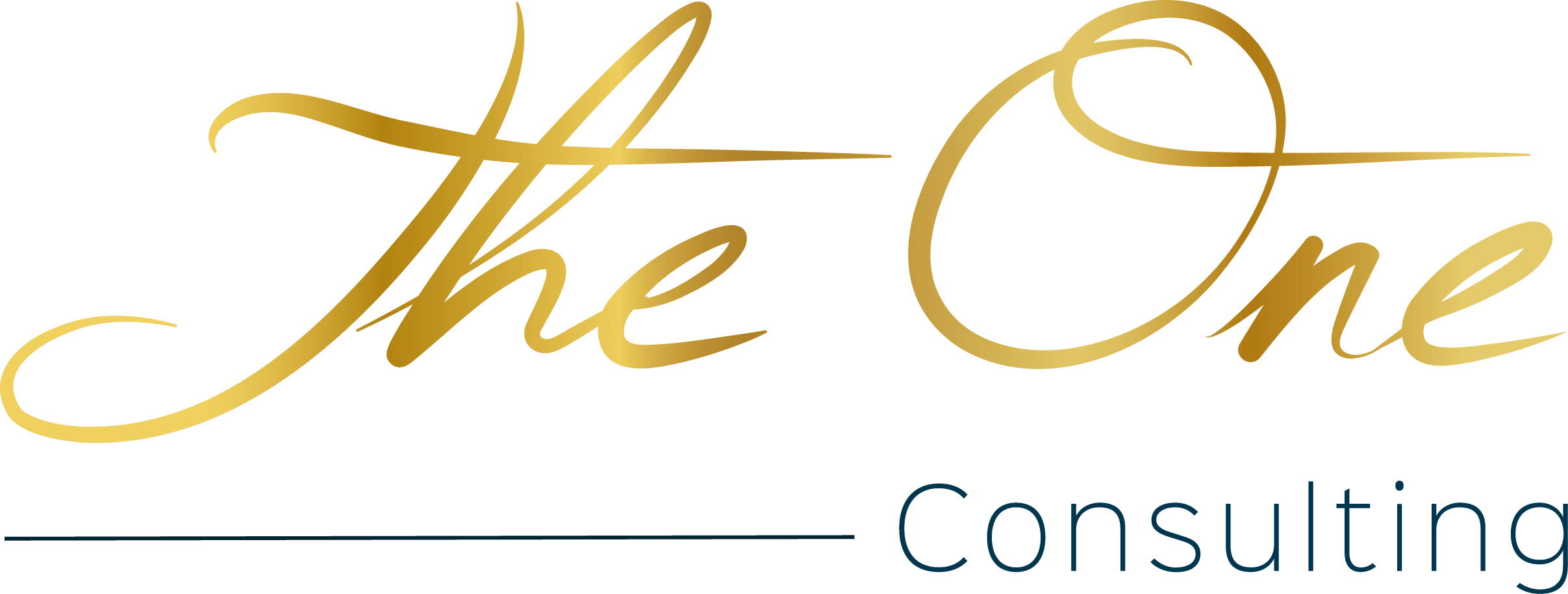TRAIN-THE-TRAINER
Our train-the-trainer course introduces you to the practice of andragogy, which is essential for anyone wishing to become a trainer within their own company. The desire to learn, to train and to share, but also the courage to deal with difficult situations and to support each learner according to their needs, are key elements for a future trainer.
From course design to training facilitation, this course will cover the various points that will enable you to succeed as a trainer.
This course will provide advice on the training structure, pedagogical techniques, posture and role of a trainer needed.
TRAINING OBJECTIVES
PROGRAM
DURATION
2 days
NUMBER OF PARTICIPANTS
12 people maximum
PUBLIC
Referral trainer at your facility
PEDAGOGY
- Projected training materials.
- Theoretical presentations
- Teaching scenario
LOCATION
On your premises or in a salon of your choice
TRAINING THE TRAINER: A LEVER FOR GROWTH
It is in a facility’s interest to train its trainers in the techniques of training facilitation. This ensures consistent, high-quality transmission of knowledge and skills within the team, and strengthens the facility’s ability to train new staff effectively, reducing training costs in the long term. Trainers who have followed this training model can inspire and motivate their staff, fostering a dynamic and stimulating learning environment. It also contributes to continuous improvement in service quality and performance, enhancing the company’s reputation and competitiveness in the marketplace.
Who is this training for?
The “Formation de Formateur” training program is specifically designed for trainers within a facility, particularly in Geneva, Switzerland. By reinforcing their skills in defining teaching objectives, developing teaching scenarios, mastering the trainer’s posture, appropriate facilitation techniques and managing complex situations, this training enables them to better fulfill their mission and contribute effectively to the growth and success of the establishment.
What is the aim of this training?
In the Trainer Training program, your employees learn how to precisely define the pedagogical objectives of their training initiatives, to ensure their effectiveness. They acquire the methods and tools they need to develop pedagogical scenarios. By mastering the key principles of the trainer’s posture, they are able to create a favorable and engaging learning environment for their learners. They become familiar with various facilitation techniques to best adapt to the target audience, ensuring an optimal learning experience. They develop the skills to deal effectively with the complex and difficult situations that can arise in training situations, ensuring the success of their training sessions.



